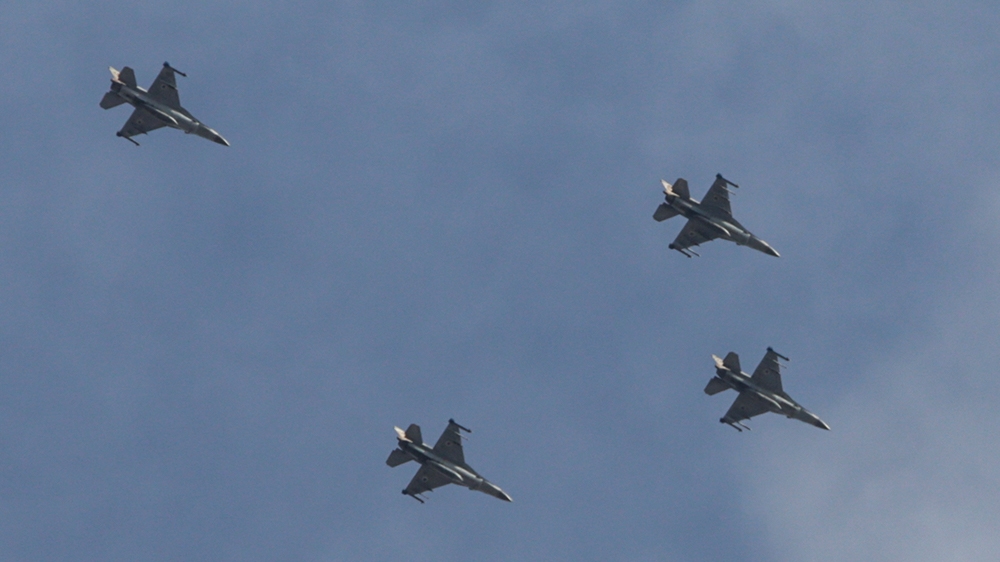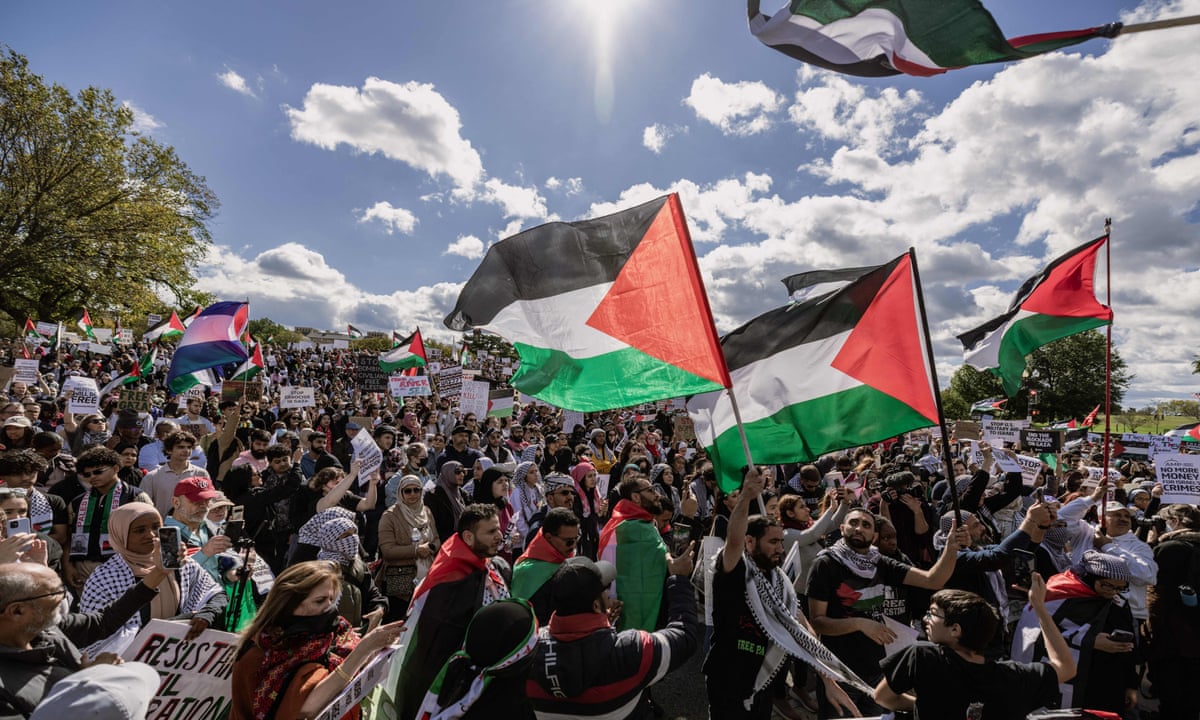Israeli warplanes hit Gaza after Palestinian rocket fire: Army

Israeli warplanes hit positions belonging to the Gaza Strip's ruling Hamas movement early on Monday in response to rocket fire into Israel, the army said in a statement, as it announced a cut in fuel supplies to the besieged Strip.
Hamas spokesman Hazem Qassem denied the group's involvement, Maan news agency reported, saying that Palestinian factions in the enclave were not responsible for any rocket fire.
Earlier, the Israeli military said three rockets were fired from Gaza into southern Israel overnight.
"Three launches were identified from the Gaza Strip into Israeli territory," it said in a statement. "Two of them were intercepted by the Iron Dome aerial defence system."
"In response, a short while ago, [Israeli air force] fighter jets struck a number of terror targets in a Hamas military compound in the northern Gaza Strip, including the office of a Hamas battalion commander," it said.
A Palestinian security source told AFP news agency that there were no casualties.
Israeli authorities also announced a punitive reduction in the flow of fuel to the strip's main power station, meaning a deep cut in the already rationed electricity supply.
A separate statement from the Coordination of Government Activities in the Territories (COGAT), an Israeli military unit that is responsible for civilian matters in the occupied territories, said the latest fuel cut was ordered by Prime Minister Benjamin Netanyahu, who is also defence minister.
"The prime minister and minister of defence, Benjamin Netanyahu, ordered to downsize the transfer of fuel through the Kerem Shalom [border] crossing to the power station in Gaza by half, effective this morning and until further notice," it said in English.
The commercial crossing, known to Palestinians as Karam Abu Salem, is the primary passageway through which necessities, including cooking gas, wheat and flour, are transferred to Gaza's nearly two million residents.
Netanyahu is fighting for reelection in a potentially tough general election scheduled to be held on September 17, with critics from his right-wing power base calling for tougher action against Hamas.
Nevertheless, analysts say, he is anxious to avoid escalation ahead of the polls.
Since the start of August, an uptick in rocket fire and Palestinian attempts to cross from Gaza into Israel have been met with Israeli attacks, threatening a fragile, informal ceasefire agreement between Israel and Hamas.
According to the terms of the truce - brokered by the United Nations and Egypt - Israel agreed to take steps to ease aspects of its crippling blockade on Gaza. But Palestinians say Israel has not taken enough measures to do so.
Earlier this month, the Israeli army killed four Palestinians near the boundary area.
Since 2008, Israel has waged three wars on the Gaza Strip. Israel has long said it holds Hamas responsible for all violence from Gaza, while Hamas says Israel is responsible for the state of anger and pressure inflicted on Gaza's residents due to the continued siege.
The Gaza Health Ministry said that since the start of the weekly Great March of Return protests last year, the Israeli army has killed more than 300 demonstrators and wounded 17,000 others, who were officially referred to hospitals.
Seven Israelis have also been killed.
Israel has also imposed restrictions on fishing - the primary source of income for residents - and fuel supplies.



